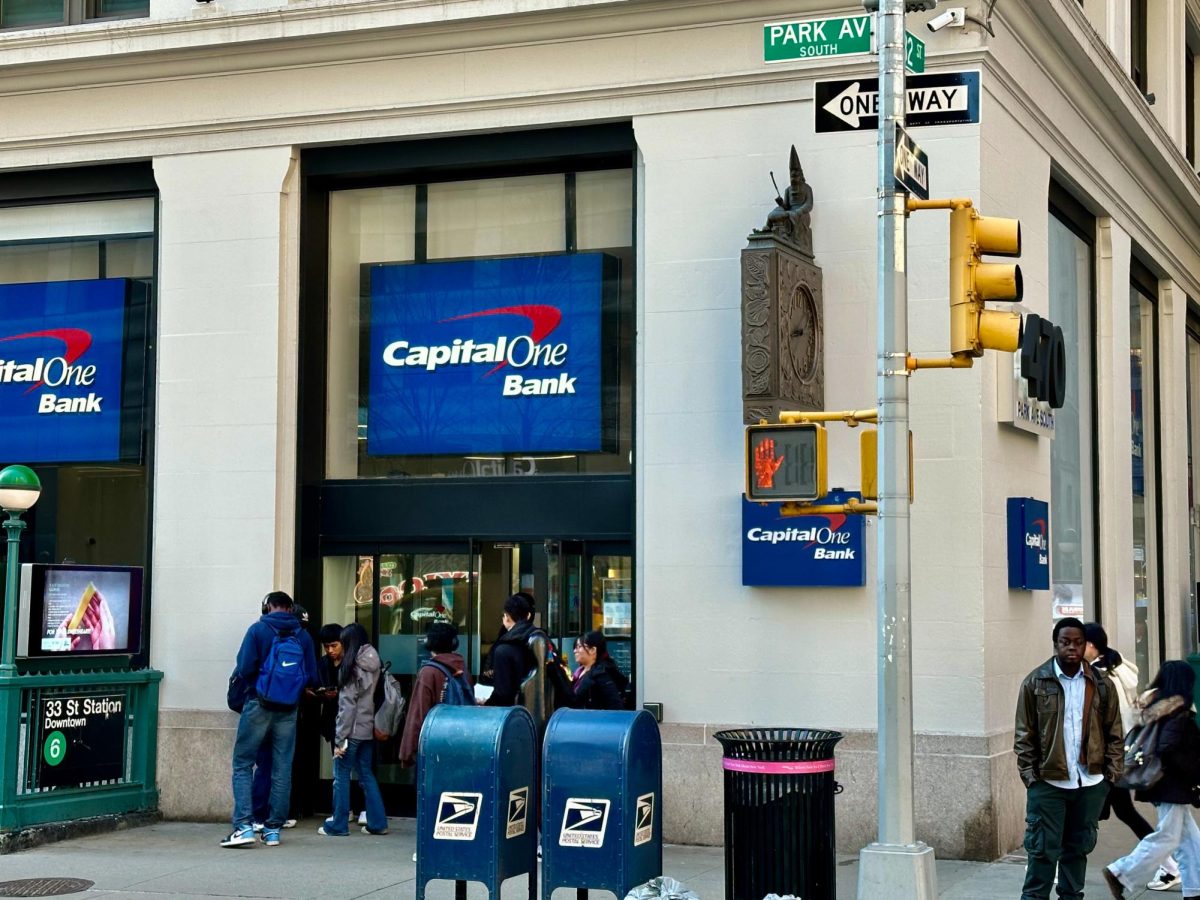Capital One Financial Corp. announced a $35.3 billion acquisition of credit card issuer Discover Financial Services on Feb. 19.
The merger would mark one of the largest deals between credit card lenders since the 2008 financial crisis, creating the sixth-largest U.S. bank in assets and the largest credit card lender in the nation, beating JPMorgan Chase & Co.
One share of Discover will translate into about 1.02 Capital One shares, equating to a 26.6% premium on Discover’s closing price of $110.49 on Feb. 16.
“Our acquisition of Discover is a singular opportunity to bring together two very successful companies with complementary capabilities and franchises, and to build a payment network that can compete with the largest payment networks and payment companies,” Richard Fairbank, founder, chair and CEO of Capital One said in the announcement. “Through this combination, we’re creating a company that is exceptionally well-positioned to create significant value for consumers, small businesses, merchants, and shareholders as technology continues to transform the payments and banking marketplace.”
Capital One noted its strategic rationale for the merger was that it positions the company to deliver to consumers, small businesses and merchants. The company added that the merger adds scale and investment to Discover’s global payment network, enabling it to be “more competitive with the largest payment networks and payment companies.”
A payment network — or card network — is a network where activity from merchants and companies across the world in different currencies generates transaction fees, creating a major source of profit. The four biggest payment networks are Visa Inc., Mastercard Inc., American Express Company and Discover.
The deal would allow Capital One to compete with its competitors by creating a closed-loop payment network where the bank and the payment network are the same entity, allowing them to process transactions internally, resulting in lower merchant costs, the ability to accumulate rewards and increased security.
“This deal gives the company a stronger hand to battle other banks, fintech, and big tech companies,” Sanjay Sakhrani, managing director at KBW, told CNBC. “The more that they can separate themselves from the pack, the more they can future-proof themselves.”
In a call with analysts, Fairbank expressed that the network is a rare asset and that Capital One has always believed that the “holy grail” was the closed-loop system. He added that Discover’s “customer-focused products,” such as cashback rewards and brand and customer loyalty, “impressed” them.
However, investors and analysts raised questions regarding regulatory concerns and whether the deal would be approved as consolidation within the banking sector is frowned upon. Fairbank reassured investors and analysts that they have spoken with regulators throughout the process and believe they are “well-positioned for approval.”
Shortly after the merger was announced, Senate Banking Committee Chair Sherrod Brown released a statement saying that mergers make companies more powerful and “will do nothing for families,” and the Banking Committee will be closely monitoring the merger to ensure it does not profit executives and shareholders at the expense “of the consumers and small businesses.”
Analysts indicated consumers could benefit from the merger through lower fees and increased company competition. However, regulators also argued it could adversely affect consumers by reducing choices and easing pressures on companies to attract consumers, resulting in unfavorable terms set by companies.
Jamie Dimon, CEO of JPMorgan, expressed respect for Fairbank, believing that innovation and challenge are good and “it’s a mistake to act like it’s bad.”
“‘Can they actually create another credit card network?’ I don’t know, but my view is, let them compete,” Dimon said in an interview with CNBC’s Halftime. “Let them try, and if we think it’s unfair, we’ll complain about it. But I’m not worried about it really, but we do track everything he [Fairbank] does.”









